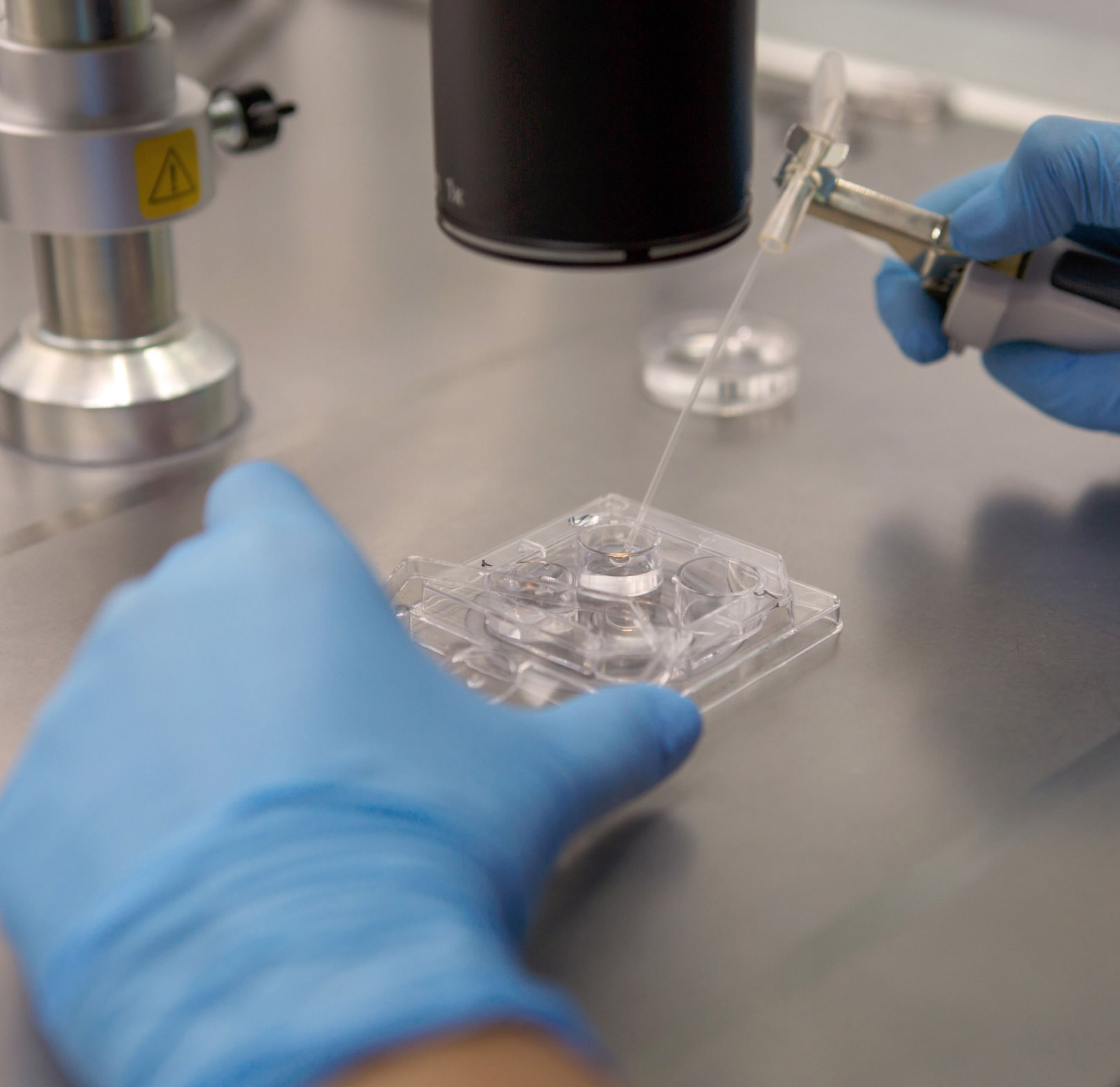Egg Freezing
Family Building on Your Time!
For whatever reason you decide to delay having children, egg freezing is an excellent option for extending your biological clock. The advanced technology at Anova safely freezes your eggs today for use in the future, making it possible for you to have a child when you are ready to do so.

What is Egg Freezing?
Egg freezing is a process of retrieving and freezing your eggs in our lab until you are ready to have a family. The process takes four to six weeks (including regular clinic visits for monitoring) and involves hormone injections to stimulate egg growth, followed by egg retrieval. The procedure is done under conscious sedation and is not generally painful. The eggs are then frozen for later use. Once you decide that the time is right, your frozen eggs are warmed, fertilized, and transferred to your uterus.

Who Should Consider Egg Freezing?
There are many reasons a woman should consider egg freezing for future fertility.
Biological
As we approach the age of 35 and beyond, our eggs decline in volume and quality. Egg freezing allows you to store quality eggs to use when you are ready. Women between the ages of 30 and 37 have an 80% chance of conceiving a child using frozen eggs. Making the decision to freeze viable eggs for future use is the best way to preserve your fertility options.
Personal
You want to have children eventually, but now is not the time. Perhaps you are focusing on your career, or you want more financial security. Egg freezing allows you to freeze your eggs when they are optimal, and you can use them when you are ready to start a family.
Medical
Medical issues and treatments can sometimes delay your plans for a family. Egg freezing gives you the option of using your own eggs when your health permits.


